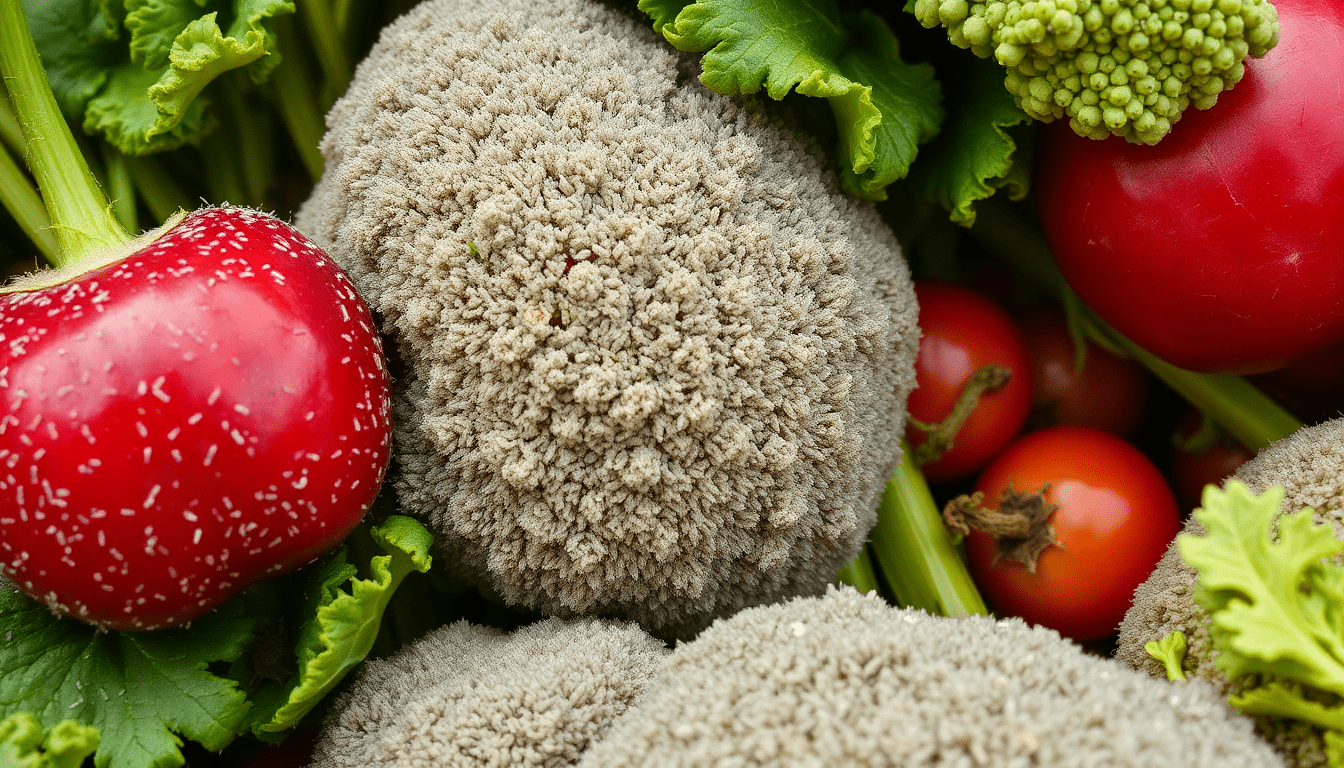
How Plant Microbes on Vegetables Shape Your Gut: Insights from Edible Plant Microbiome Studies
How Plant Microbes on Vegetables Shape Your Gut: Evidence from Edible Plant Studies
Our bodies host a complex community of microbes, especially in the gut, where countless bacteria help with digestion, immunity, and overall health. But did you know that many of these microbes actually come from the plants and vegetables we eat? Understanding the edible plant microbiome and how it affects the human gut can offer new insights into improving gut health naturally.
Understanding the Edible Plant Microbiome and Human Gut
The edible plant microbiome refers to the collection of tiny living organisms—mainly bacteria and fungi—that live on the surfaces and inside fruits and vegetables. These microbes are naturally present on plants as they grow and play various roles in plant health.
When we consume plants, the microbes travel with them into our digestive system. Some of these plant microbes interact with our gut environment and may contribute to shaping the diversity and function of our gut microbiome. This connection suggests that the foods we choose are not just nutrition carriers but also sources of microbial allies.
Evidence from Plant-Derived Microbiota Studies
Recent plant-derived microbiota studies have started to unravel the fascinating relationship between plant microbes and our gut bacteria. Researchers have found that microbes from fruits and vegetables can survive the journey through the digestive tract, at least temporarily.
Studies show that these plant microbes help boost the diversity of bacteria in our gut. A diverse gut microbiome is often linked to better digestion, stronger immunity, and lower risk of many chronic diseases. This evidence supports the idea that diets rich in fresh, whole plants offer more than just fiber and vitamins—they also serve as vehicles for beneficial microbes.
How Fruit and Vegetable Microbes Boost Gut Diversity
Fruits and vegetables carry a wide variety of microbes such as Lactobacillus, Pseudomonas, and Bacillus species. These microbes contribute to the rich tapestry of gut bacteria by adding new strains that can colonize or support existing ones.
For example, Lactobacillus is known for its probiotic benefits. When found on edible plants, it may help improve gut barrier function and reduce inflammation. Other microbes can help break down complex plant fibers, making nutrients more available for our bodies and other gut bacteria.
The fruit vegetable microbes gut diversity link is important because a wide range of microbes often means a more resilient gut ecosystem. The more diverse your gut bacteria, the better they can compete against harmful bacteria and maintain balance.
The Process of Plant Microbiome Transfer to Humans
Microbes on plants face challenges when passing through the human digestive system. Stomach acid, bile, and digestive enzymes create a harsh environment. However, some microbes have adapted to survive these conditions at least long enough to reach the intestines.
Several factors influence the success of plant microbiome transfer to humans. These include how fresh or raw the plants are, how they are prepared, and the individual’s existing gut environment. Eating raw or lightly cooked vegetables is more likely to promote the survival of these helpful microbes.
Additionally, the overall diet and lifestyle play a role. For example, consuming a variety of plant-based foods regularly can encourage a stable colonization of beneficial microbes over time.
Gut Health and Plant Microbes: Benefits and Impacts
A diverse gut microbiome supported by plant microbes offers numerous health benefits. It improves digestion by enhancing the breakdown of fibers and nutrients. It also strengthens the immune system by training gut bacteria to respond effectively to pathogens.
Gut health and plant microbes strongly link to reduced inflammation and better metabolic function. These effects contribute to overall well-being, lowering the risk of illnesses such as allergies, autoimmune diseases, and obesity.
Moreover, plant microbes can influence gut-brain communication, potentially improving mood and mental clarity. This holistic impact highlights the importance of maintaining a healthy gut through diet.
Adopting a Plant-Based Diet to Support Your Microbiome
A plant-based diet naturally enriches your gut microbial communities by providing a constant source of diverse edible plant microbes. Eating a variety of fruits and vegetables increases your exposure to many different beneficial bacteria.
Tips for choosing vegetables and fruits with beneficial microbes include prioritizing fresh, organic produce whenever possible. Organic plants tend to carry more natural microbes compared to heavily sanitized or processed foods.
Incorporate raw salads, lightly steamed greens, and fresh fruits frequently. Also, try to avoid over-washing produce, which can remove helpful microbes. Instead, rinse gently to retain as many microbes as possible.
Combining a plant-based diet with fermented foods like sauerkraut and kimchi further supports a healthy and vibrant gut microbiome.
Conclusion
The edible plant microbiome plays a vital role in shaping and enriching our gut health. Studies show that microbes from fruits and vegetables can enhance gut microbial diversity, contributing to better digestion, immunity, and overall wellness.
Exploring your unique microbiome allows you to take charge of your gut health in a personalized way. At InnerBuddies, our Microbiome Test helps you discover how plant microbes and your diet impact your well-being. Take the first step toward a healthier gut and a happier life today by embracing the power of plant microbes!

